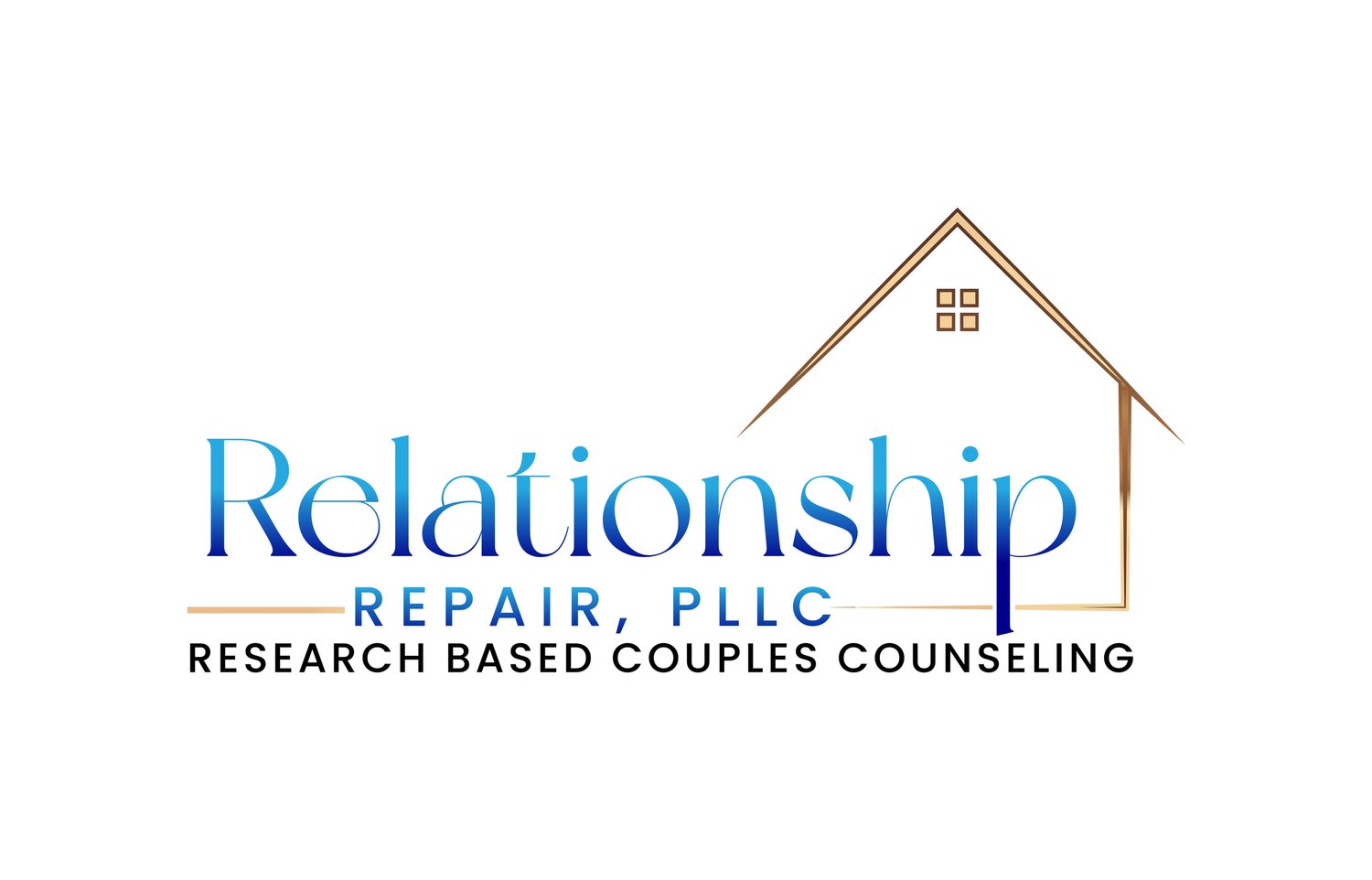
Couples Counseling for Couples
Impacted by ADHD
For Couples Who Cry, Curse, and Occasionally Forget Where They Put the Car Keys.
Online Couples Counseling Anywhere in North Carolina, Virginia, West Virginia, and Ohio.
In-Person Couples Counseling in Cary, North Carolina.
When ADHD Keeps Showing Up in Your Relationship…
ADHD can make your relationship feel complicated in ways that friends and family don't always understand. What appears simple from the outside—picking up the kids from daycare, remembering to pay bills, being on time—becomes a recurring source of stress and disconnection.
Here's what it might look like:
Your partner promised they'd handle daycare pickup today. You're counting on it because you have back-to-back meetings. However, they became hyper-focused at work and lost track of time completely. Now you're juggling calls from the daycare center, rearranging your schedule, and thinking, "Not again."
You feel invisible. Exhausted from carrying the mental load alone. Do you know if your partner even cares?
Meanwhile, your partner…
They really meant it when they said they'd pick up the kids. They wanted to follow through. But time slipped away, and by the time they realized it, it was too late. Now they feel ashamed, guilty, and like nothing they do will ever be enough.
Sound familiar?
You're not alone. ADHD affects about one in sixteen adults, and its impact on relationships is real—and fixable.
ADHD and the Relationship Dynamic
The ADHD partner feels:
Criticized and attacked, no matter how hard you try
Ashamed and guilty about letting your partner down
Overwhelmed by expectations that seem impossible to meet
Defensive because your effort isn't seen
Like nothing you do will ever be good enough
Afraid of disappointing your partner one more time
The non-ADHD partner feels:
Abandoned and invisible in the relationship
Like you're parenting your partner instead of being equals
Exhausted from managing everything alone
Frustrated that simple things become major issues
Resentful that your needs keep getting forgotten
Hopeless that things will ever change
What happens next:
One partner starts pursuing—reminding, asking, eventually nagging or demanding—desperate to be heard and remembered. The other starts withdrawing—shutting down, avoiding, retreating—to escape the shame of failing again.
The more one pursues, the more the other withdraws. The more one withdraws, the louder the various protests become. Both of you end up feeling alone, even when you're in the same room.
You love each other, but you're exhausted from the cycle of it all.
It’s Not You or Your Partner—It’s the Cycle.
The problem isn't that you don't care or that your partner isn't trying hard enough. The problem is the cycle you're caught in—and ADHD can magnify these patterns in ways that feel impossible to break.
What Makes ADHD Relationships Different
ADHD isn't just about being forgetful or easily distracted. It affects:
Executive function - planning, organizing, and following through
Time perception - sensing how much time has passed
Emotional regulation - managing big feelings in the moment
Impulse control - pausing before reacting
Working memory - holding information in mind while doing something else
For the partner with ADHD, everyday tasks require enormous mental energy. They set reminders. They make lists. They promise themselves this time will be different. Yet things still slip through the cracks. This gap between intention and outcome creates deep shame and a fear of being seen as unreliable or uncaring.
For the non-ADHD partner, watching commitments repeatedly fall through starts to feel like evidence that they don't matter. Over time, they may slip into a "manager" or "parent" role—tracking everything, sending reminders, and following up—which can kill intimacy and breed resentment.
The Cycle Feeds Itself. Without Help, the Pattern Intensifies:
The non-ADHD partner feels forgotten → pursues harder → sounds critical
ADHD partner feels attacked → withdraws deeper → appears uncaring
Both partners feel disconnected, lonely, and hopeless about change
But here's the good news:
the cycle can be broken!
How We Help: Combining EFT and the Gottman Method for ADHD Couples
We use two proven approaches—Emotionally Focused Therapy (EFT) and Gottman-Informed Couples Therapy—to help couples break negative cycles and rebuild secure emotional connections. For relationships affected by ADHD, we integrate these evidence-based methods with practical ADHD strategies that actually work.
Why Two Approaches Work Better Than One
Emotionally Focused Therapy helps you understand and express the deeper emotions beneath your conflicts—the fear, shame, and longing for connection that fuel the pursue-withdraw cycle.
The Gottman Method provides research-backed tools and practical skills for managing conflict, building friendship, and creating shared meaning in your relationship.
Together, these approaches provide you with both the emotional depth and the practical skills you need to transform your relationship.
There's Hope — And We Can Help
We know how overwhelming it can feel when ADHD keeps showing up in your relationship.
The good news? You don't have to figure it out alone.
We bring both lived experience and specialized training to this work.
That means we'll hear both of you, help each of you feel truly understood, and guide your partner in seeing the effort you're putting in—even when it doesn't always show.
This isn't a one-size-fits-all process. Together, we'll create a personalized plan of action tailored specifically to your relationship, enabling you to transition from feeling stuck in conflict to feeling connected again.

